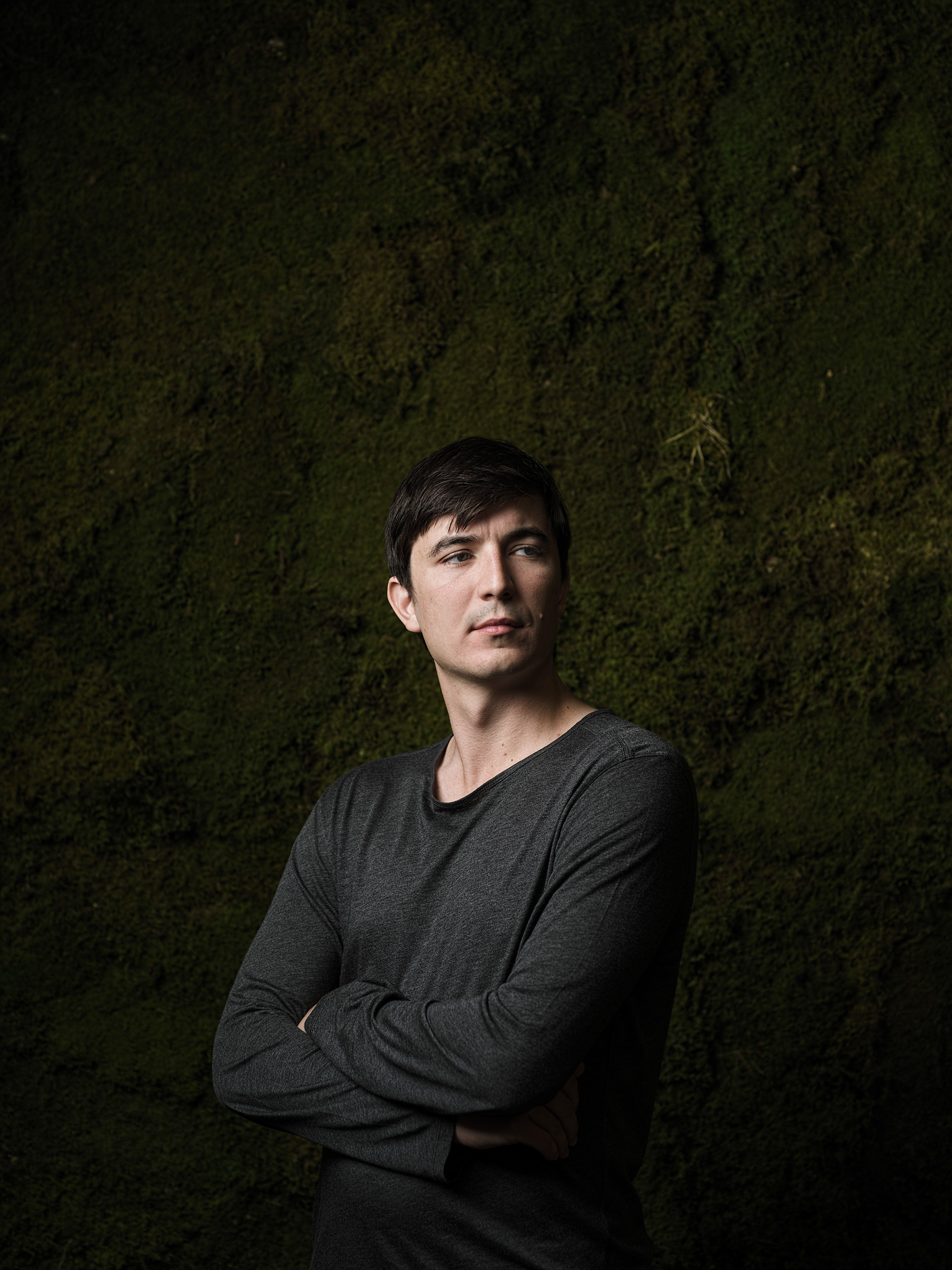While COVID-19 triggered an unprecedented U.S. unemployment crisis, stock markets have skyrocketed—the S&P 500 has risen nearly 70% since cratering in March of last year. But that only benefits people who own stock; in the U.S., that’s just 55% of the population. Robinhood, a no-commission stock platform led by Bulgarian-born CEO and co-founder Vladimir Tenev, wants to change that by making it easier to invest. That approach has earned it more than 13 million users and an $11.7 billion valuation, but critics say the app’s game-like design incentivizes newbie investors to take big risks.
Case in point: this year’s GameStop roller coaster, which was triggered by tech-savvy speculators—many using Robinhood. While some GameStop traders won big as the stock rose by over $300 in a week, others suffered losses when shares later fell. Many Robinhood fans turned on the company after it blocked users from buying more GameStop shares without immediately explaining that high trading volume left it without enough money to meet regulatory requirements. (Tenev blamed “an unintended by-product of the antiquated settlement process,” in a Feb. 2 blog post.) Despite these issues, Robinhood is reportedly planning to go public later this year.—Alex Fitzpatrick
- The 100 Most Influential People of 2024
- Coco Gauff Is Playing for Herself Now
- Scenes From Pro-Palestinian Encampments Across U.S. Universities
- 6 Compliments That Land Every Time
- If You're Dating Right Now, You're Brave: Column
- The AI That Could Heal a Divided Internet
- Fallout Is a Brilliant Model for the Future of Video Game Adaptations
- Want Weekly Recs on What to Watch, Read, and More? Sign Up for Worth Your Time
